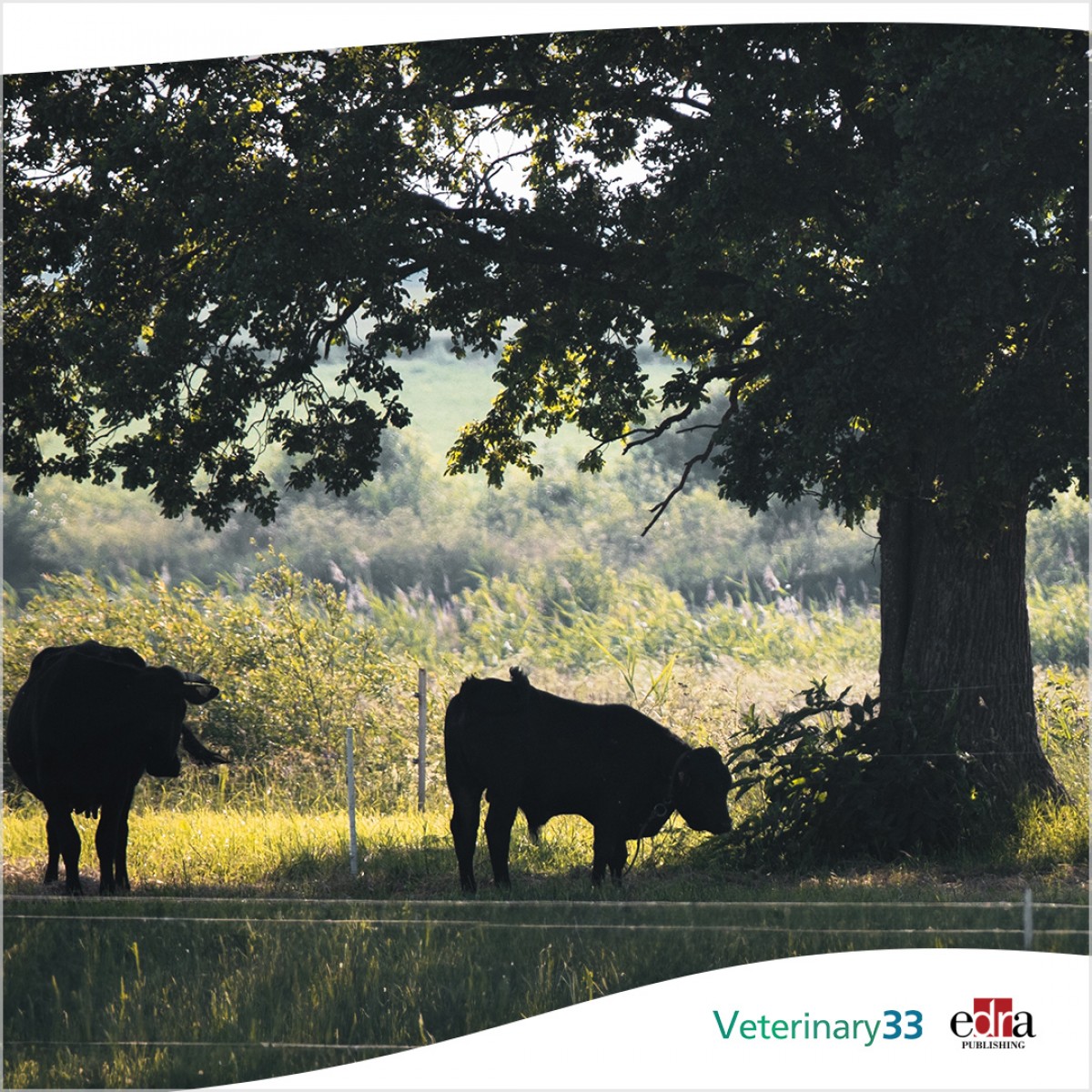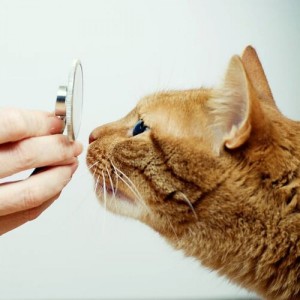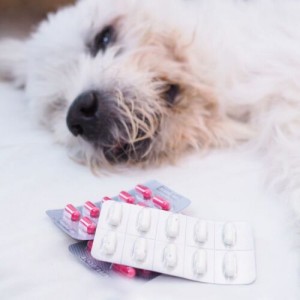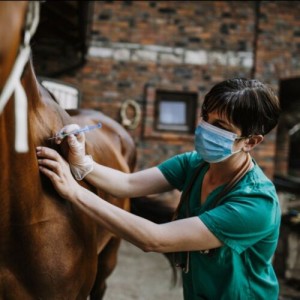Supporting large animal veterinarians
by Jenny Alonge
Large animal veterinarians, who provide essential services such as herd health management, reproductive services, and emergency care to livestock species, including cattle, horses, sheep, goats, poultry, and pigs, are vital members of agricultural and rural communities. However, numerous factors are contributing to a shortage of these valuable professionals. In 2021, the U.S. Department of Agriculture (USDA) identified 221 veterinary shortage areas in 48 states, with the majority in rural areas. So, why is this happening, and how is the issue being addressed?
Why are large animal veterinarians in short supply?
Many factors are contributing to the large animal veterinarian shortage, including:
- Salary — Large animal veterinarians typically make significantly less than small animal veterinarians.
- Debt — Most veterinarians leave veterinary school with close to $200,000 of debt and must take jobs that can help service this debt.
- Women — According to the American Association of Veterinary Medical Colleges, women represent nearly 80% of today’s veterinary student population, and most are interested only in companion animal medicine.
- Background — Only about 10% of new veterinary graduates are interested in large animal medicine, in part because many veterinarians want to return to familiar areas. Students who have a rural farm background are more likely to have to help their family with farm work while at school and may not be able to sustain an acceptable GPA for veterinary school admission.
- Long hours — Large animal veterinarians often have to work long hours and are frequently on call, which can quickly lead to burnout.
- Risk — A large animal veterinarian can face many dangers that may result in severe injury, and potentially death.
What support programs are available for large animal veterinarians?
To address this concerning issue, several programs have been initiated, including:
- Veterinary Services Grant Program (VSGP) — Administered by the USDA National Institute of Food and Agriculture (NIFA), the VSGP provides funding to support the recruitment, training, and retention of veterinarians in underserved rural areas. The grants, which aim to help mitigate veterinary service shortages across the United States, are available on a competitive basis to:
- Establish or expand accredited veterinary education, externship, internship, residency, and fellowship programs that coordinate with accredited colleges of veterinary medicine.
- Provide continuing education extension activities, including veterinary telemedicine and distance-based education, for veterinarians and veterinary technicians to strengthen veterinary programs and improve food safety and public health.
- Cover travel and living expenses for veterinary students, interns, externs, fellows, residents, and technicians.
- Expose students in grades 11 and 12 to education and career opportunities in food animal medicine.
- Veterinary Medicine Loan Repayment Program (VMLRP) — The USDA’s VMLRP is authorized by the National Veterinary Medical Services Act to help qualified veterinarians offset their veterinary medical school debt and hopefully attract more individuals to rural areas. Veterinarians who commit to at least three years in a designated veterinary shortage area will receive up to $25,000 a year toward qualified educational loans.
- Veterinary Debt Solutions Program — The Farm Journal Foundation is partnering with the Zoetis Foundation to initiate a program that will help veterinarians burdened by student debt. The long-term goal is to address veterinary shortages in rural areas. The program will convene leaders from livestock, academic, nonprofit, and veterinary sectors to address barriers that veterinarians face in building long-term careers in rural areas. They will make concrete recommendations to policymakers to improve workforce development and overall viability of the profession.
- State-run programs — Many states have instigated programs to attract and support large animal veterinarians. Examples include:
- Colorado — Colorado State University’s Food Animal Veterinary Career Incentive Program (FAVCIP) targets undergraduate students who are interested in a large animal veterinary medicine career. Qualifying students are eligible for five reserved positions in each class and will receive specialized academic and career training. Criteria for admission to the professional veterinary medical program are the same as for other candidates.
- North Carolina — North Carolina State University’s Food Animal Scholars Program provides academic support, experience, and mentoring for students interested in a veterinary career in food animal medicine. Six positions are reserved each year for eligible students.
- Kansas — The Veterinary Training Program for Rural Kansas (VTPRK) was first introduced in 2006 to provide $80,000 loans to five large animal veterinary medicine students paid out over their four years in school. The yearly amount was recently increased to $100,000. After graduation, $25,000 of the debt is forgiven each year for four years, as long as the veterinarian works in a county with fewer than 40,000 people or in a veterinary practice that performs at least 50% of its business with animals raised for human consumption or fiber production.
- Kentucky — The Kentucky Agricultural Development Board offers the Large and Food Animal Veterinary Incentives Program, which provides funding for Kentucky veterinarians to increase service to large and food animals in the state. Qualified applicants can receive up to 75% reimbursement for eligible expenditures not exceeding $100,000.
These proactive efforts will hopefully encourage individuals to pursue a career in large animal veterinary medicine, so this valuable resource is not lost.














List
Add
Please enter a comment